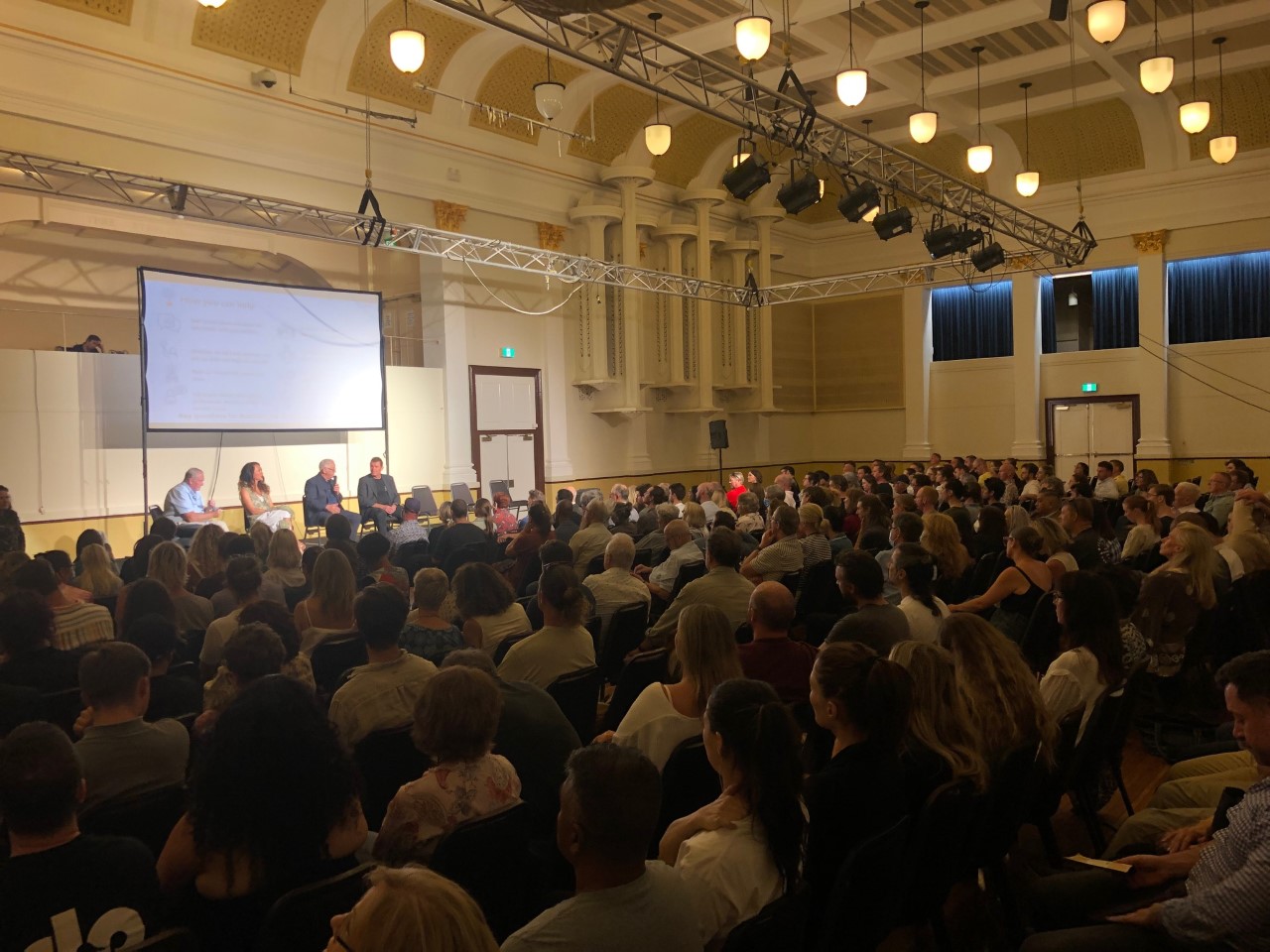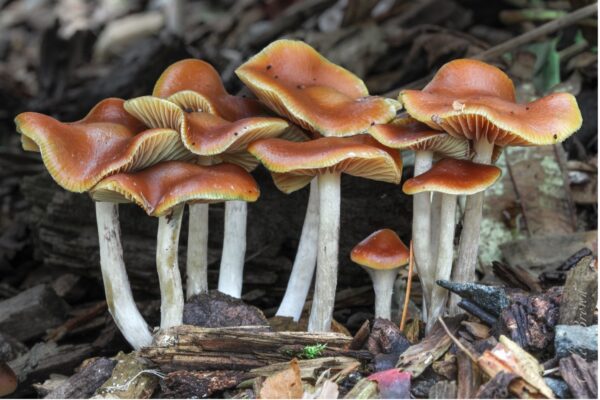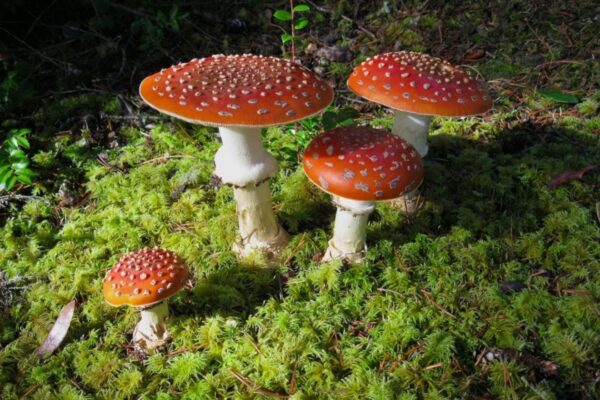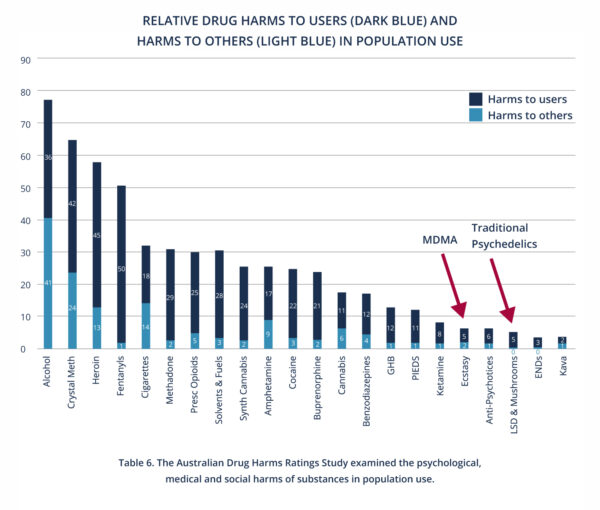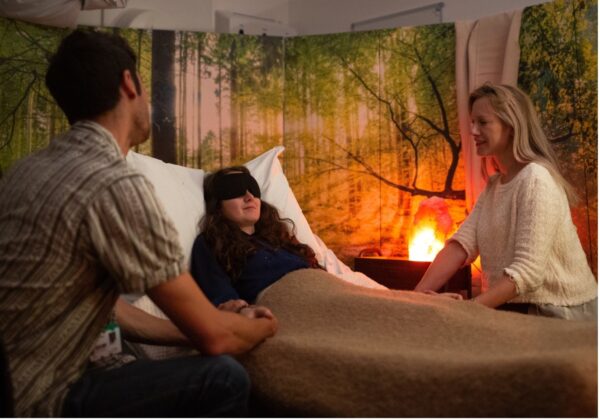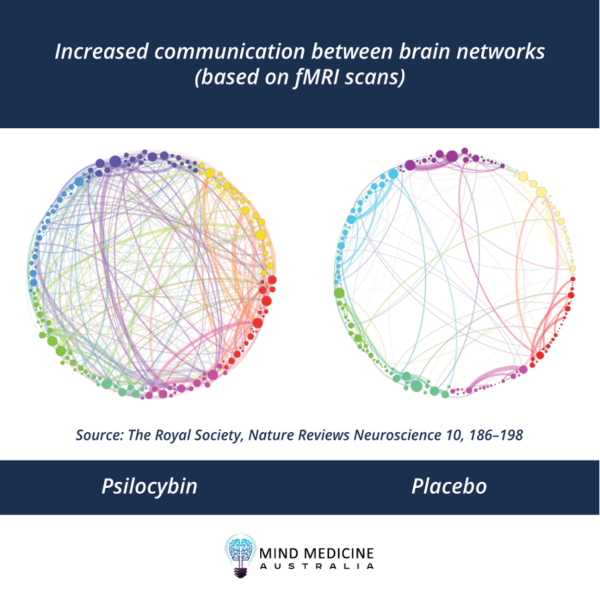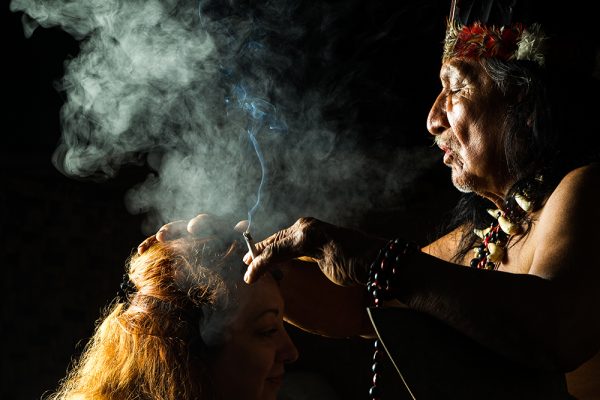
This article is a joint publication by Drug Science, PAREA and Mind Medicine Australia.
Doubt it not, MDMA is a medicine
The recent rejection of MDMA-assisted therapy for PTSD by the FDA Psychopharmacologic Drugs Advisory Committee (AdCom) was surprising to many working in the field of mental illness where MDMA-assisted treatment was seen as a vital innovation for treatment-resistant PTSD, a difficult to treat mental illness where there has been little therapeutic progress in the past 30 years. The panel voted 9-2 against the evidence showing real clinical efficacy and 10-1 that MDMA-assisted therapy had a negative benefit-risk ratio. These votes were surprising given the overwhelming clinical data in leading peer reviewed journals of highly significant clinical effects in two large phase 3 trials.
This clinical data, presented by the MAPS for profit company Lykos, at face value fulfils the FDA requirement of two placebo-controlled trials demonstrating efficacy to permit marketing authorisation. The Lykos data showed this requirement was met with a between-subjects effect size of approximately 1 [a large effect size p<0.001]. This is about 3 time greater than that of the only class of licensed medicine used for PTSD, the SSRIs (fluoxetine sertraline venlafaxine and paroxetine) [Note the between subjects effect size subtracts the effect of the therapy from the effect of the therapy plus MDMA, leaving the effect only of the MDMA. A more clinically relevant effect size is the within-subjects effect size, 2.1 in MAPP1 and 1.95 in MAPP2]. The MDMA effect size is even more remarkable given that many of the patients in the MAPs trials were treatment-resistant i.e. had failed to adequately respond to both SSRIs and psychotherapy, an all-to-common situation for people with PTSD.
As one member of the panel reportedly said “It is strange to vote no when the p-value involved three zeroes,” acknowledging the clear mathematical significance of the clinical results. From a few press clippings it seems that some assessors voted against efficacy because they had doubts about other aspects of the therapy rather than because they didn’t believe the statistics.
An added benefit to the clinical efficacy data is that MDMA-assisted therapy differs from other medical treatments in psychiatry in that the drug administration is transient. In the Lykos trials just 3 doses of MDMA were given, unlike with other psychiatric medicines e.g. the SSRIs that are generally given chronically and hence carry a side-effect burden. This should be seen as a real advance in terms of reducing total exposure of the person to the pharmacological agent so reducing the risk of chronic drug interactions within the body leading to emerging adverse effects, tolerance development and possible dependence and challenges with withdrawal in addition to a reduced side-effect burden. But perhaps the very uniqueness of this reduced total exposure to a medicine worried the AdCom panel?
Prior national decisions on MDMA
What was especially surprising about the FDA panel’s vote was that other national expert groups had previously come to the opposite conclusion, i.e. that MDMA is a medicine (for some patients). In Switzerland MDMA has been allowed on a compassionate-use basis for several decades, when used by registered psychiatrists for patients with treatment-resistant mental health disorders.
In 2023 the Australian equivalent of the FDA [the TGA] decided to down-schedule MDMA to allow its use for treatment-resistant PTSD by authorised psychiatrists. Very recently the Dutch State Commission on MDMA, established by the government and comprised of experts from psychiatry, medicine, criminology, prevention and law, issued its recommendations two days before the AdCom decision. In a lengthy report the Commission concluded that “with what is currently known, there appears to be sufficient scientific evidence for the effectiveness and safety of this form of therapy” and “the government must act expeditiously to enable the therapeutic use of MDMA”. It concluded that until MDMA-assisted therapy is registered in the Netherlands, the best way to provide state-of-the-art treatment is through a large naturalistic study.
It is unclear if the AdCom knew of these decisions and the full FDA hearing in August may well come to a different conclusion to that of the panel. It should be noted here that the FDA is not obliged to follow the views of the AdCom Panel and frequently doesn’t. The final positive Australian TGA decision was preceded by negative opinions on some of the same key issues, which were exposed as flawed by expert feedback.
What were the key FDA AdCom concerns?
From the FDA hearing these appear to have been
- How to regulate a combination of medicine + psychotherapy?
- Failure of blinding of patients to the active MDMA arm and/or patient expectancy of positive effects bias affecting the results?
- MDMA has a significant abuse risk.
- It would be difficult to train enough psychiatrists and other therapists to allow generalisability of treatment efficacy outside of clinical trials?
- Risk of misbehaviour of therapists – the breaking down of professional boundaries encouraging sexual abuse.
Each of these issues is addressable and none alone should debar MDMA-assisted therapy, though it seems an accumulation of doubts over each might explain the advisory committee votes. As Oreskes and Conway point out in their book “The Merchants of Doubt” the creation of doubt is a common way scientific facts become undermined in peoples’ minds and so policy decisions become less straightforward. A detailed review of each of these concerns by the authors will appear shortly.
The impact of prior professional bodies opinions
Both the original Australian and the current FDA opinions were probably swayed by less-than-positive comments by the national professional psychiatry bodies [the APA and RANZP respectively]. These lukewarm psychiatry expert opinions on MDMA contrasted with the same body’s earlier positive support for the licensing of another psychedelic drug esketamine. MDMA was assessed as having a weaker clinical evidence base and being more prone to abuse than esketamine.
In the Australian case a detailed critique of the arguments made by the RANZCP concluded that a degree of bias had been applied against MDMA when compared with esketamine and that if anything the evidence base for MDMA safety and efficacy was the stronger of the two. It is likely that these comparative assessments contributed to the TGA revising its decision to approve MDMA.
In addition to the unsupportive APA letter the FDA hearing was preceded by a negative report by the Institute for Clinical and Economic Review (ICER). This raised the concerns listed above and concluded that MDMA therapy would not be cost-effective so was unlikely to be reimbursed by health insurers. A competitor company – Otsuka – which has just submitted its own combination therapy product for the treatment of PTSD [a daily dose of sertraline and brexpiprazole] – was supportive of the ICER analysis – in what is clearly a major conflict of interest.
Also, one of the members of the FDA Advisory Panel was an employee of Janssen, the company that had recently gained marketing authorisation for the fast-acting psychedelic, esketamine, which would generally be seen as a significant conflict of interest: even though esketamine is licensed for treatment-resistant depression, it is being used off-label for other disorders including PTSD.
For as yet unknown reasons Lykos did not take the opportunity to respond to these issues let alone choose to publicly rebut them. This may have consolidated them as important negative facts in the minds of some on the AdCom panel.
Binary decision making
The AdCom was asked to make a binary yes-no vote on both the efficacy and benefit-risk of MDMA, with scores of 9-2 and 10-1 against for each question. Is this an appropriate way to make such important decisions? How did they assess benefit-risk across so many different variables? At the very least there should have been some estimates of confidence in each person’s decision. Much better one of several modern validated benefit-risk approaches could have been used or a full Multi Criteria Decision Analysis could have been carried out as developed for the EMA for these kinds of issues.
One hopes that the full FDA hearing will take note of our critique of the AdCom decision-making process and outcomes.
We also hope that the FDA will engage in a much more thorough analysis of the issues that the Advisory Committee referred to which caused the panel to have doubts about MDMA. We will shortly be publishing our own detailed analysis on each of these issues.
Prof David Nutt, Prof Jo Neill, Drug Science
Tadeusz Hawrot, PAREA
Peter Hunt, Mind Medicine Australia
Prof David Nutt (UK)
BA, MB BChir, MRCP, MA, DM, MRC Psych, FRCPsych, FMedSci, FRCP, FSB
Renowned researcher, policy advisor and author, Professor David Nutt, is currently Head of Neuropsychopharmacology at Imperial College London and the Chair of Drug Science.
Under the leadership of Professor Nutt, the Psychedelic Research Group at Imperial College is one of the world’s foremost psychedelic research laboratories, publishing landmark research on psychedelic therapies and neuroimaging studies of the psychedelic state.
Professor Nutt has also held many leadership positions in both UK and European academic, scientific and clinical organisations, including presidencies of: the European Brain Council, the British Neuroscience Association, the British Association of Psychopharmacology, the European College of Neuropsychopharmacology.
He was previously Chair of the UK Advisory Council on the Misuse of Drugs.
Prof Joanna Neill (UK)
Jo Neill is a Professor of Psychopharmacology at the University of Manchester. She is Chair of the Medical Psychedelics Working Group at Drug Science, a Trustee for Heroic Hearts UK, and a scientific advisor for the Conservative Drug Policy Reform Group. She is co-founder of b-neuro, a University based Contract Research Organisation developing new treatments for mental illness through animal models and past President of the British Association for Psychopharmacology (President 2016-2018).
Tadeusz Hawrot
Tadeusz has 15 years of policy and advocacy experience with the European Union institutions and at the global level. He maintaince strong focus on brain health and evidence-based advocacy. He played an instrumental role in setting up a number of civil-society led coalitions: over 10 national brain councils, Portuguese Societal Impact of Pain Platform, the OneNeurology Partnership.
Peter Hunt AM
B.Com, LL.B
As an investment banker Peter Hunt AM advised local and multi-national companies and governments in Australia for nearly 35 years. He co-founded one of Australia’s leading investment banking advisory firms, Caliburn Partnership and was Executive Chairman of Greenhill Australia. Peter was a member of the Advisory Panel of ASIC and chaired the Vincent Fairfax Family Office.
Peter is an active philanthropist involved in funding, developing and scaling social sector organisations which seek to create a better and fairer world. He is Chairman of Mind Medicine Australia which he established with his wife, Tania de Jong, in 2018. He regularly presents to Governments, regulators, clinicians, philanthropists and the general public on psychedelic-assisted therapies and the legal and ethical frameworks needed to ensure these treatments can be made accessible and affordable. He was the lead author of Mind Medicine Australia’s successful rescheduling applications for MDMA and psilocybin, which made Australia the first country in the world to reschedule these medicines.
He founded Women’s Community Shelters in 2011. Peter is a Director of The Umbrella Foundation. Peter also acts as a pro bono adviser to Creativity Australia. He was formerly Chairman of So They Can, Grameen Australia and Grameen Australia Philippines.
Peter was made a member of the General Division of the Order of Australia in the Queen’s Birthday Honours List in 2010 for services to the philanthropic sector.


